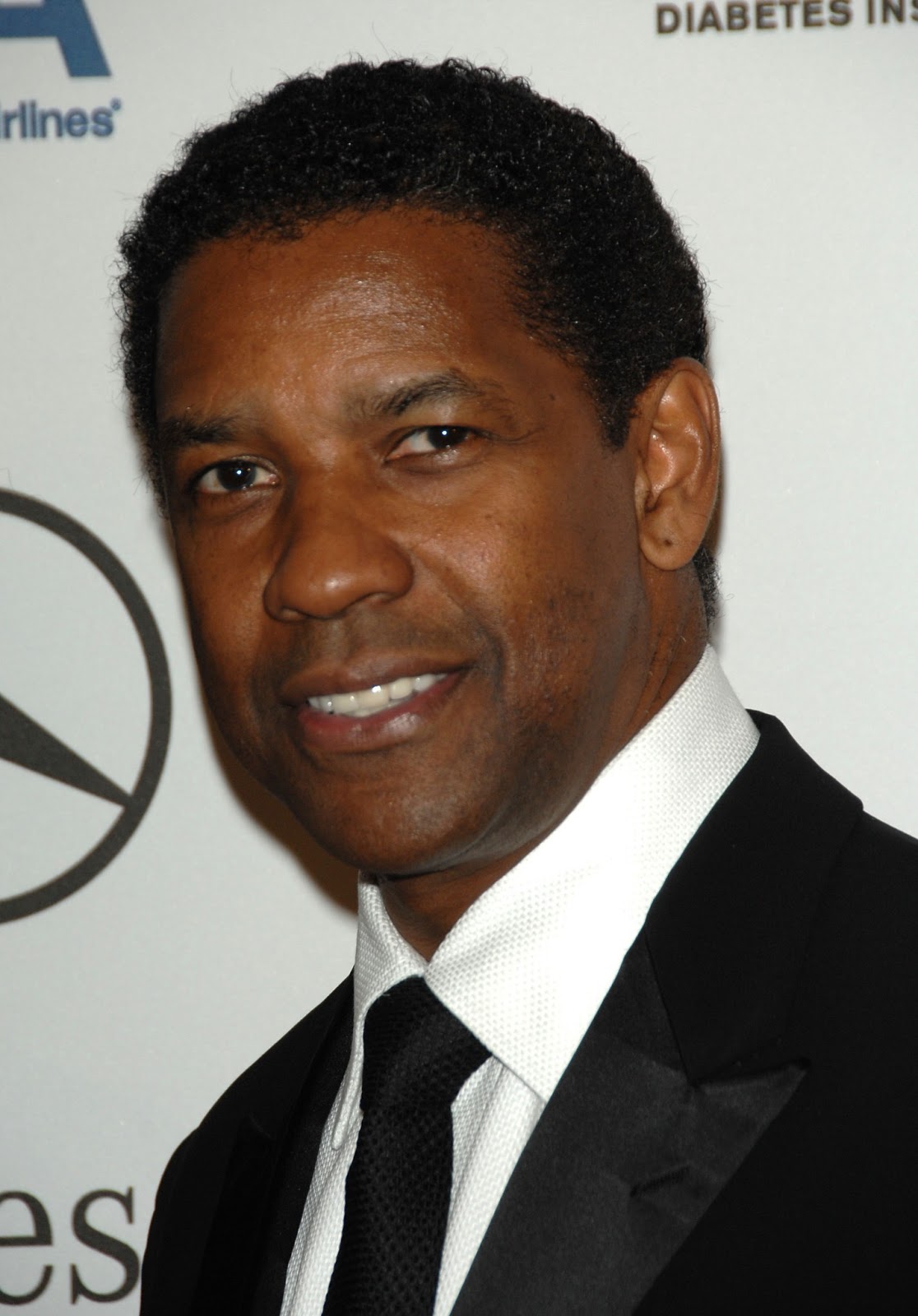The Rise of Young Black Male Actors: Disrupting Hollywood
Hollywood is experiencing a seismic shift, and at its epicenter are young Black male actors in their 20s. These talented individuals are reshaping the landscape of film and television, demanding recognition and shattering stereotypes. Their presence is not merely a trend; it’s a disruption, a necessary evolution in an industry long overdue for change.
This new generation of performers is challenging the traditional narratives that confined their predecessors. They're not just accepting roles as the best friend, the criminal, or the athlete. They're leading men, complex characters with depth and nuance, driving narratives that reflect the diverse tapestry of the Black experience.
The emergence of these actors isn't a sudden phenomenon but a culmination of years of struggle and advocacy. Trailblazers paved the way, fighting for representation and opportunities, laying the groundwork for this current wave of talent to flourish. The internet and social media have also played a crucial role, providing platforms for these actors to showcase their skills and connect directly with audiences, bypassing traditional gatekeepers.
The significance of these young Black male actors extends beyond the screen. They are becoming cultural icons, inspiring a generation and challenging societal norms. Their visibility and success are vital for representation, showing young Black boys and men that they too can dream big and achieve their goals in any field, including the historically exclusive world of Hollywood.
However, the journey is far from over. Systemic racism and ingrained biases still permeate the entertainment industry. While there's been progress, these actors continue to face hurdles, from limited opportunities and typecasting to pay disparities and the pressure to conform to certain images. Their success is a testament to their resilience and talent, a triumph against considerable odds.
The historical context of African American representation in cinema reveals a long struggle for authentic and diverse portrayals. From the minstrel shows of the early 20th century to the blaxploitation era of the 70s, Black actors have often been confined to stereotypical roles. The current generation is actively working to dismantle these tropes, demanding roles that reflect the full spectrum of the Black male experience.
One of the key benefits of this increased representation is the normalization of Black faces in mainstream media. Seeing Black men in leading roles, not just as sidekicks or villains, helps to challenge unconscious biases and promote a more inclusive and equitable society. This representation is particularly impactful for younger audiences, who are growing up with a broader and more diverse range of role models.
Another benefit is the expansion of storytelling. Black male actors in their 20s are bringing fresh perspectives and narratives to the screen, telling stories that haven't been told before or haven't been told from their unique point of view. This influx of new talent is enriching the cinematic landscape and offering audiences a more complete and authentic portrayal of the world.
Looking ahead, the future of these young Black male actors is bright. They are not simply a fleeting trend; they are a force to be reckoned with, poised to redefine Hollywood and leave an indelible mark on the entertainment industry. Their continued success will depend on sustained efforts to combat systemic racism, promote diversity and inclusion, and create opportunities for these talented individuals to thrive.
Advantages and Disadvantages
| Advantages | Disadvantages |
|---|---|
| Increased Representation | Continued Typecasting |
| Diversification of Storytelling | Limited Opportunities |
| Positive Impact on Younger Generations | Pay Disparities |
Frequently Asked Questions:
1. What challenges do young Black male actors face in Hollywood? (Limited opportunities, typecasting, pay disparities)
2. Who are some prominent Black male actors in their 20s? (Due to the rapidly changing nature of this field, specific examples may quickly become dated. Searching online for "up-and-coming Black male actors" will provide more current information.)
3. How has social media impacted the careers of these actors? (Provided platforms for exposure and direct connection with fans.)
4. What is the significance of their representation in the media? (Challenges stereotypes, promotes inclusivity, inspires younger generations.)
5. How can the industry further support these actors? (Create more diverse roles, address pay disparities, foster mentorship programs.)
6. What impact are they having on storytelling? (Bringing fresh perspectives and narratives.)
7. How can audiences support these actors? (Support their projects, amplify their voices, advocate for diversity.)
8. What is the future outlook for Black male actors in Hollywood? (Positive, with continued advocacy and efforts to dismantle systemic barriers.)
In conclusion, the rise of Black male actors in their 20s represents a pivotal moment in Hollywood. These talented individuals are breaking barriers, challenging norms, and reshaping the industry. Their journey is a testament to their resilience and a beacon of hope for future generations. While challenges remain, their impact is undeniable. Supporting these actors, advocating for diverse representation, and celebrating their contributions is crucial not only for the future of entertainment but for fostering a more inclusive and equitable society. We must continue to amplify their voices, champion their stories, and create a space where their talent can flourish without limitations. The future of Hollywood, and indeed the future of representation in media, depends on it. Their presence is more than just a moment; it's a movement.
Aiken sc power outage map your guide to staying informed
Unlocking your future home using epf savings for property purchase in malaysia
Unlocking textile potential a deep dive into tung ho textile co ltd














